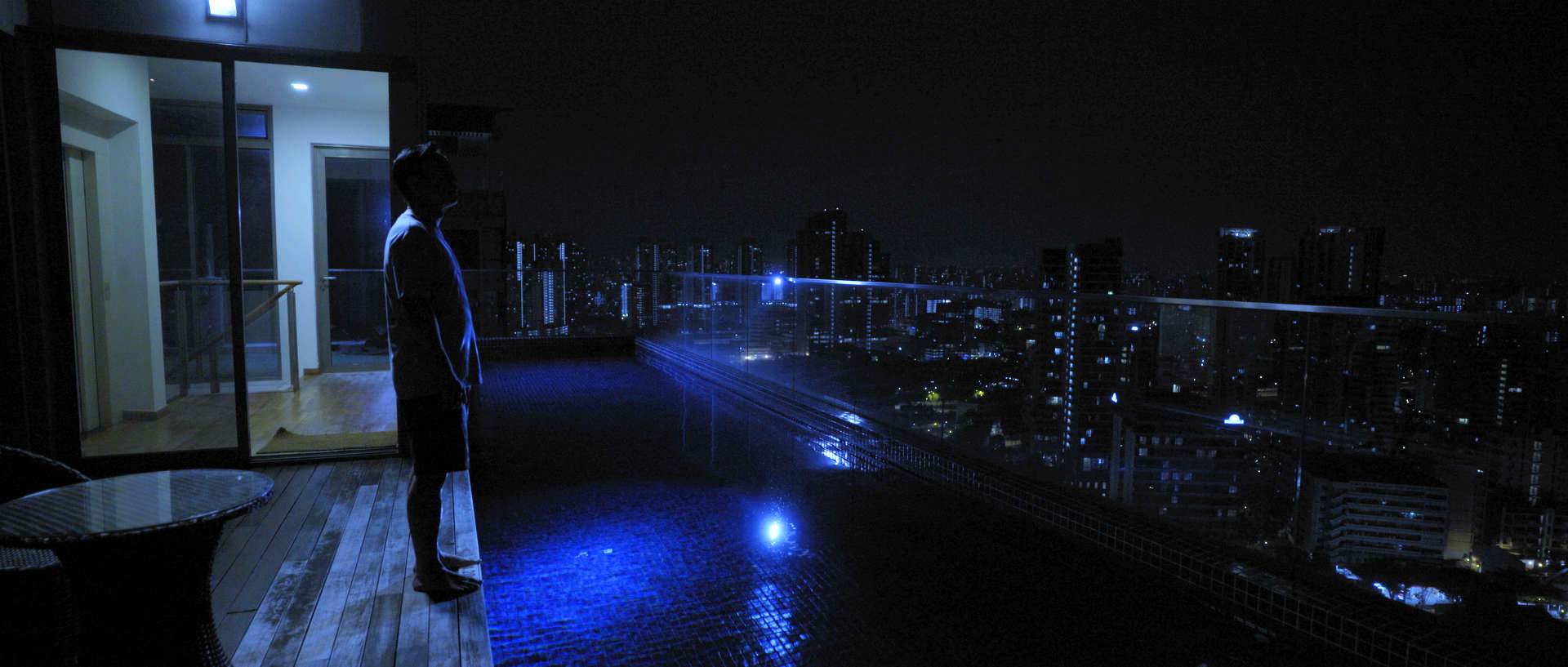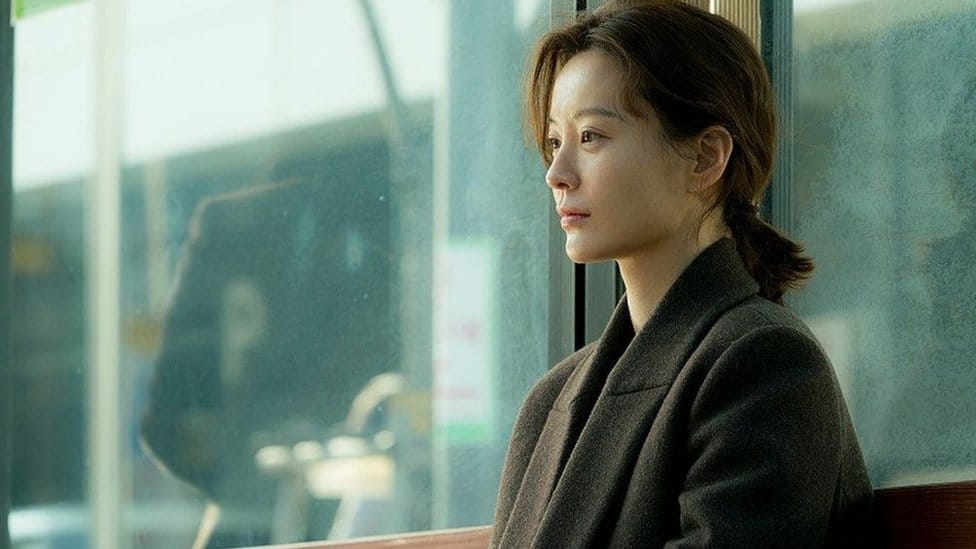In Japan, the situation on the job market is not much different than in most of the so called western countries – disabled people are finally given a chance for employment due to quotas that need to be officially filled. Not everyone is that lucky of course, and some of the jobs may not even correspond individual qualifications to the fullest, but there is a hope that the numbers will begin to rise, and that anyone capable of working will get the opportunity of taking their lives into their own hands. The laws are improving, and as of 2018, psychological and developmental disabilities were included on the list of those who can apply for jobs in Japan.
I Quit, Being Friends is screening at Nippon Connection

This is only one of the topics that Ayako Imamura touches upon in her filmic essay “I Quit Being Friends” about the fallout of her friendship with Ma-chan, a woman with Asperger's who came into her life during a film festival in Nagoya. Born with impaired hearing, the director sometimes relies on interpreters like Ma-chan, a woman who finds it easier to communicate in sign language than actually speaking to people. The question Imamura raises is if a friendship based on the presumption that belonging to minorities would immediately lead to better understanding, has any chance of surviving. In her case, the answer is a clear no.
The decision to make a film about something as mundane as a friendship dissolution could come across as awkward, and ocasionally there is a feel of witnessing a teenage drama about two girls falling out because of strong differences in character. However, there is a much deeper meaning to this allegedly petty investigation. “I Quit Being Friends” is a documentary pointing out the difficulty of exercising unconditional tolerance towards certain behavioral patterns, even if people sometimes can't help behaving the way they do.
Both women are giving their personal accounts of different situations in form of voice-over diaries, describing them from their own angle. Imamura also uses animation to depict specific episodes that made her upset or aware of things impacting her opinion of Ma-chan, who on the other hand, has difficulties to express herself in such a creative way, often seizing for help from professional books about her condition. One of them is “Guide to characterisation of developmental disabilities” where she points out the page describing how people with Asperger's prefer routines without much change: “They don't like when plans change, when the surroundings change, and are bad dealing with unpredictable situations and just panic.”
Sometimes, one wonders if Ma-chan is using Asperger's as an excuse for every little mishap, including refusal to use polite phrases so important in the Japanese culture. At one point, Imamura tells a story about her grandmother's dislike for her friend because she “doesn't say what she should, like Itadakimasu (which one should say before the meal), for instance.”
Already the title “I Quit Being Friends” exposes the aim of the film which is too personal, and too revealing to become a comfortable viewing. Sometimes, less is indeed more.














